Assistive Devices and ALS
“What is different about caregiving in with ALS?”
We know children in families with ALS are involved in a range of care tasks, much like the millions of other young caregivers in the United States. However, given the complexity of symptoms in ALS, young caregivers for people with ALS—in comparison with other young caregivers—are more often use assistive devices such as suctioning equipment, breathing machines, feeding tubes, or other adaptive devices.

“I feel embarrassed sometimes that my dad is in a wheelchair. Does that make me bad?”
Absolutely not. It is hard to make the transition to having your dad or mom look different or progress through ALS. In the youth interviews we conducted, many, many people said they feel “weird” being a caregiver and having a parent attached to various assistive devices. It can be tough because it does feel weird. Your family is different from other kids’ families, and this can feel really hard and scary. We like to feel similar to others around us, and it can be difficult to feel like you are somehow different or “worse” than other kids. It’s not unusual to feel that the devices your parent or family member with ALS uses are just too bizarre. People stare, maybe people say things about the device. It may be hard to deal with that.
But, one way to think about it is…how cool is it that these devices can help??
“What is cool about a power wheelchair?”
- You use a joystick to move the chair around, like you would in a video game.
- Unlike other wheelcharis, this chair can go from this normal sitting position to a horizontal, flat position.
- Unlike wheels that only go forward and backwards, these wheels can pivot and allow you to make sharp turns.
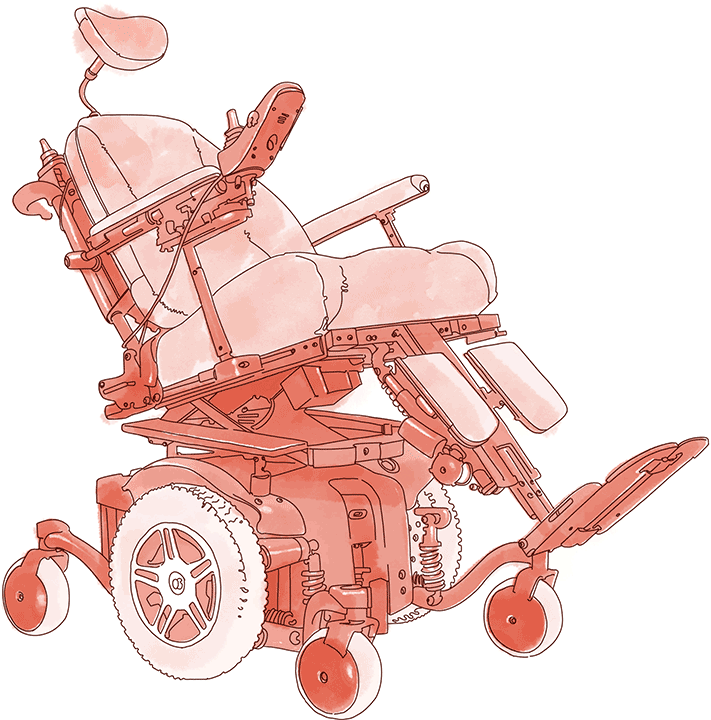
“What is cool about communication devices?”
Those are really cool and can be used to create unique sayings or phrases using a computer-generated voice, or even your family member’s voice! During training and skill development programs, kids loved being able to program words or voices. They got to see all the amazing things the machine does. We showed these devices at a youth day event. Cara said her mom refused to use it, but Cara really wanted to know what the device did. So, she got to play around with it. This was exactly what Cara needed. She went home and told her mom to get one. She even said that she would help her mom program it. The next day, her mom called her local ALS Association chapter office and made an appointment to get a device.
We can’t take away ALS or the fact that you do things to help care for your family member. But, it is important to remember that your family member with ALS is still the same person. Whether they use a power wheelchair or communicate through a computer. Nothing about you or your family is “wrong,” “werid,” or “bad.” You are you, and your family is just different.
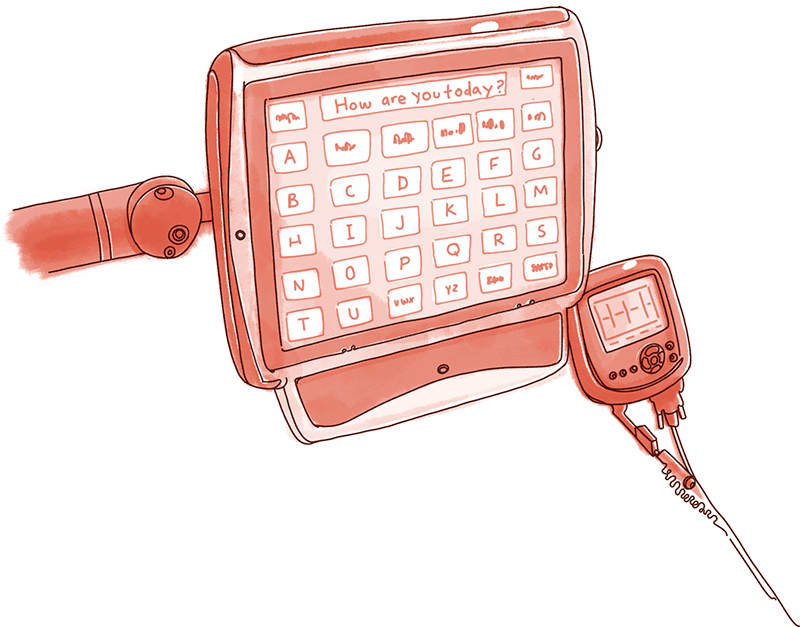
“Sometimes I don’t know what I am doing. I give my mom her meds, but I am not sure how.”
- Do you do things to help out, but are not sure if you are doing them correctly?
- Has anyone ever talked to you about what to do?
- How do you get help?
Did you know 60% of kids who provide care for a family member living with ALS have never been told how to do it? Many said they just “wing it.” That can be scary. If you’re doing something to care for someone, but not sure what you are doing—ask for help! It is OK to say, “I am not sure what to do” and get an adult to help you.
But what if you want to know how to do something better—or learn more? Your local ALS Association chapter is a good place to start! They can connect you with a Physical Therapist (PT), Occupational Therapist (OT), or other therapist to guide you and train you in what to do.
Your parents and family members are figuring this out alongside you. They are trying to balance their emotions around caregiving with the needs of the family member as well as your needs and feelings. They may still be figuring out how to talk to you about caregiving. It’s important to remember that even if your parents have not approached you, you can approach them to start the conversation.
Getting support being a caregiver
So, what about Ian, Bradley, and Lara? How did they get support with caregiving?
-
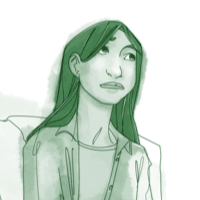
Lara
Lara sees that caregiving is a normal thing for all family members, even though her family is still resistant to let her provide a lot of care for her uncle. Everyone pitches in—from oldest to youngest—and no one acts like it is something weird or strange. Her family is still very sad and doesn’t talk about the disease a lot, but everyone does something to help. Lara recently started assisting her uncle with his foot exercises. She enjoys working with him and thinks she may be a physical therapist one day. Even though it is hard, she talks to her family about all the things she is learning and how best to exercise her uncle’s feet and legs.
-
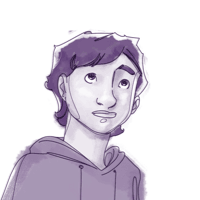
Bradley
Bradley learned a lot by attending the youth day with his local ALS Association chapter. Being with the other kids, learning about caregiving and how best to help his dad—that made him feel like the other kids “got it.” He didn’t have to struggle to explain why he would get up in the night to close his dad’s windows. While at the session, Bradley was able to ask other kids how they did things to help their parents, and he learned how best to help his dad move from chair to chair. (He found out he was doing it all wrong!)
-
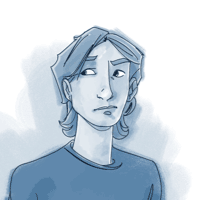
Ian
Many people never even asked about Ian being a caregiver. They all assumed his mom did everything, even though Ian had been providing care for his dad for as long as he could remember. People would come to the house and talk to his mom about caregiving, assistive devices, and what his dad needed—but they never asked Ian. When people would find out he helped with the care, they usually didn’t say anything. It was like they didn’t know what to say. He was frustrated. Even when he answered their questions, they still didn’t see him as his dad’s caregiver! Ian finally talked to his mom about how he was feeling. She was very understanding and said that some people just assume that kids never provide care for an ill parent.
Ian worked with his local ALS Association chapter to help develop support programs for kids like him. He made sure that discussions included caregiving, and how to talk to and support young caregivers.
Being a caregiver is tough—and can be really lonely when no one recognizes what you do, which was the case with Ian. Making sure you talk about caregiving and seek the support and education you need—like Bradley and Lara did—is important. Families are not perfect, especially when they have an illness like ALS. But they are just the way they need to be!
Continue the Journey
Grief & Loss